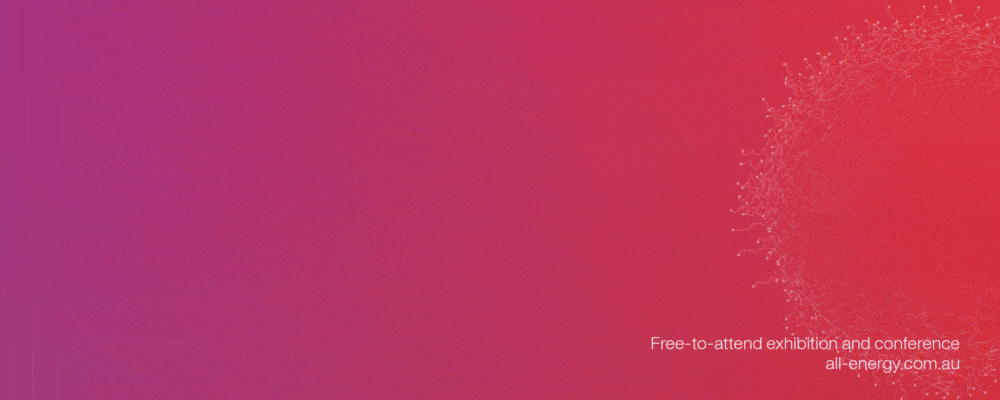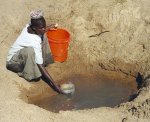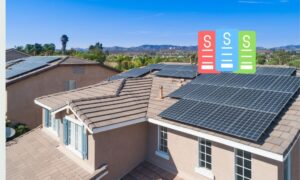Years of conflict in East Africa has seen infrastructure destroyed or fall into disrepair. A solar powered water pumping initiative implemented by the Red Cross will make a huge difference in supplying people in a region of Sudan with safe drinking water.
Drought and violence has taken its toll on water infrastructure in Sudan and with populations continually shifting due to unrest, planning for water supplies is thrown into further disarray.
The International Committee of the Red Cross has strived to assist displaced people by distributing drinking water by road and installing hand pumps at wells. The ICRC is also implementing solar powered pumps to supply water in places such as Akobo, situated in the north-east of Jonglei State in Southern Sudan
Thousands of people streamed into the area in 2009 following clashes between communities – but their refuge was without adequate water and many have been surviving since that time on less than 2 litres of safe drinking water a day.
To help alleviate the water stress, the ICRC has built a series of water yards where a powerful pump extracts well below the surface into elevated tanks. Water is then channelled through pipes to public water distribution points in town.
Powering those pumps is energy intensive and usually it would be powered by expensive fossil fuels, but the Red Cross has been building structures to support 420 solar panels. The solar modules are on their way to Akobo from Germany and the ICRC expects the solar pumping project to be completed within the next few months.
The project will increase the supply of safe drinking water from under two litres to 10 litres per day per person and will also provide water to a school, a hospital and several other buildings. Local water authorities will be trained in the use of the solar pumping system, which will require little in the way of ongoing maintenance. The ICRC is also looking to use solar pumping technology in Kenya and elsewhere in Africa.















































